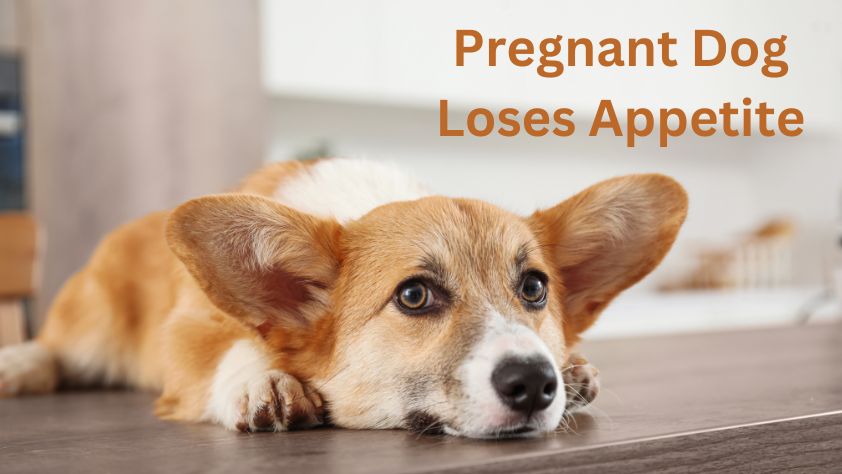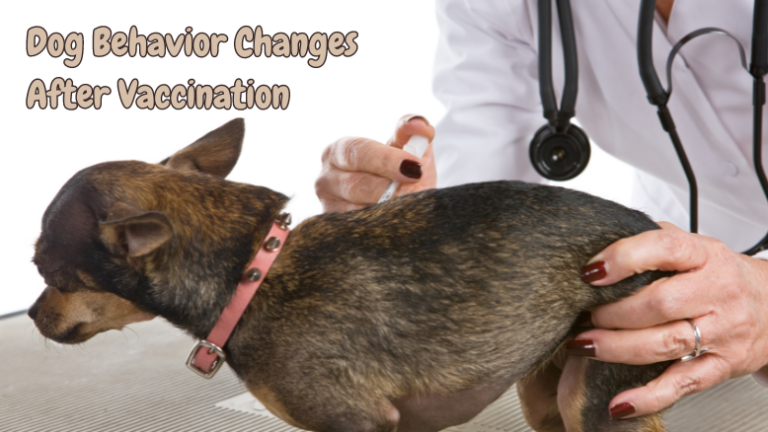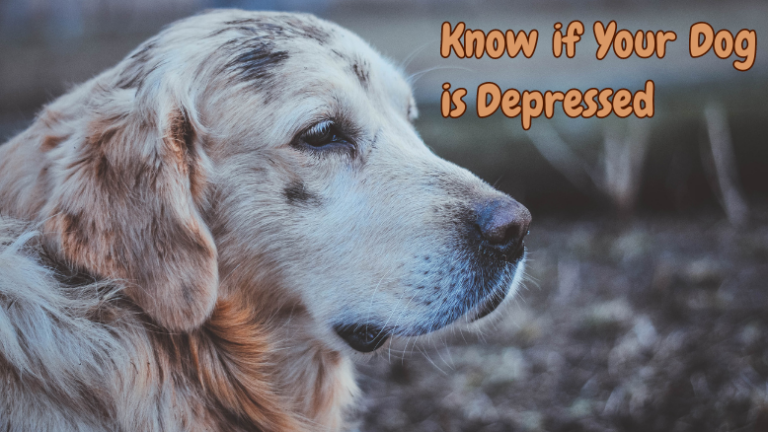
As a dog lover, you understand the joy and responsibility that comes with caring for a pregnant dog.
Watching her belly grow, feeling the tiny kicks, and eagerly awaiting the arrival of those precious puppies can be an incredibly exciting time.
But when your pregnant dog suddenly loses her appetite, it can stir up worry and concern.
That’s why we’re here to help.
In this article, we will delve into the potential causes behind a pregnant dog loses appetite and provide you with expert care tips to ensure her health and well-being throughout her pregnancy.
Whether you’re searching for answers because your dog is not eating during pregnancy, or you’re simply looking to learn more about caring for a pregnant dog, we’ve got you covered. It’s important to understand the signs of pregnancy in dogs and how they can affect a dog’s eating habits.
So, let’s explore the possible reasons why your pregnant dog may be experiencing a lack of appetite and discover the expert care tips that will help you support her nutrition and overall health during this critical time.
Remember, your dog’s well-being is of utmost importance. Let’s navigate through this challenging situation together, offering the care and attention your pregnant dog deserves. So, without further ado, let’s find out what’s next for your pregnant dog.
Understanding Canine Pregnancy Symptoms
When your dog is pregnant, it’s crucial to be aware of the common symptoms that can indicate her pregnancy.
One of these signs is a potential loss of appetite.
In this section, we’ll delve into the various symptoms that accompany canine pregnancy and explore how they can affect a dog’s eating habits.
During pregnancy, a dog’s body undergoes significant changes as it prepares to nurture and deliver puppies.
These changes can have an impact on her appetite, causing her to eat less or experience fluctuations in her eating habits.
One common symptom of canine pregnancy is morning sickness, which can manifest as nausea or vomiting. This queasiness can often lead to a decreased appetite.
In addition to morning sickness, hormonal shifts can also play a role in a pregnant dog’s loss of appetite.
As the dog’s body adapts to support the growing puppies, hormonal fluctuations can affect her sense of taste and interest in food.
Furthermore, physical discomfort and changes in metabolism can contribute to a pregnant dog’s reduced appetite. The expanding uterus and the pressure it exerts on the stomach can make eating uncomfortable for the dog.
It’s vital for dog owners to closely observe their pregnant dogs and pay attention to any changes in appetite.
If your dog’s loss of appetite is accompanied by other concerning symptoms or persists for an extended period, it’s important to seek guidance from a veterinarian.
Canine Pregnancy Signs:
“During canine pregnancy, it’s essential to be aware of the signs that indicate your dog is expecting. These signs can include:
- Enlarged nipples and mammary gland development
- Decreased energy levels or lethargy
- Increased appetite or food cravings
- Behavioral changes, such as nesting or seeking warmth
- Visible weight gain and a rounded abdomen
- Possible mood swings or changes in temperament”
Understanding these signs can help you recognize when your dog is pregnant and allow you to provide the necessary care and support throughout her pregnancy journey.
By monitoring her appetite and consulting with your veterinarian, you can ensure her health and well-being during this special time.
Expert Care Tips for a Pregnant Dog’s Appetite
During pregnancy, it’s crucial to ensure that your dog maintains proper nutrition for her health and the well-being of her puppies.
In this section, we will provide you with expert care tips to help stimulate your pregnant dog’s appetite and support her throughout this critical time.
Promote a Balanced Pregnancy Diet
A balanced and nutritious diet is essential for a pregnant dog’s overall health and the development of her puppies.
Consult with your veterinarian to determine the appropriate diet for your dog’s specific needs.
A diet rich in essential nutrients, such as proteins, fats, carbohydrates, vitamins, and minerals, can help improve her appetite and ensure optimal health for both her and her puppies.
Feed Smaller and Frequent Meals
Feeding pregnant dogs smaller, more frequent meals throughout the day can help alleviate any discomfort and reduce the chances of her feeling overly full or bloated.
This approach can also encourage her to eat more consistently and prevent her from skipping meals entirely. Remember to provide fresh water at all times for proper hydration.
Consider High-Quality Commercial Dog Food
High-quality commercial dog foods specially formulated for pregnant dogs can be an excellent option to meet their nutritional requirements.
These foods usually provide a balanced mix of proteins, fats, and carbohydrates to support healthy growth and development.
Always choose reputable brands that meet the specific dietary guidelines recommended by your veterinarian.
Add Appetizing Ingredients to Her Meals
If your dog appears disinterested in her meals, you can add appetizing ingredients to entice her appetite.
Adding small portions of shredded cooked chicken or beef, boneless fish, or even low-fat cottage cheese can make her meals more appealing and flavorful.
However, be mindful of the portions to maintain a balanced diet.
Monitor Your Dog’s Weight
Regularly monitor your pregnant dog’s weight to ensure she is gaining weight at a healthy rate.
Sudden weight loss can indicate a loss of appetite or other health issues that require veterinary attention.
Consult with your veterinarian to establish a targeted weight gain plan and adjust her diet accordingly.
By following these care tips, you can help stimulate your pregnant dog’s appetite, ensure she maintains a balanced pregnancy diet, and promote optimal health throughout her pregnancy.
Remember, always consult with your veterinarian for personalized advice and guidance based on your dog’s individual needs.
Conclusion: Pregnant Dog Loses Appetite
While it’s normal for some dogs to experience a loss of appetite during pregnancy, it’s crucial to closely monitor your pregnant dog’s well-being.
By understanding the potential causes for this change in eating habits and following expert care tips, you can help support your dog’s health and ensure a successful pregnancy.
Remember, a balanced pregnancy diet is essential for your dog’s nutrition during this critical time.
Consult with your veterinarian to create a diet plan that meets your dog’s specific needs.
Ensuring that your dog receives the necessary nutrients is vital for both her health and the health of her puppies.
If your dog’s loss of appetite persists or if you have any concerns about her well-being, don’t hesitate to reach out to your veterinarian.
They can provide guidance and advice tailored to your dog’s situation, helping you navigate the journey of pregnancy and ensure the best possible care for your furry friend.
Related Post: Why Is Pregnant Dog Panting?





